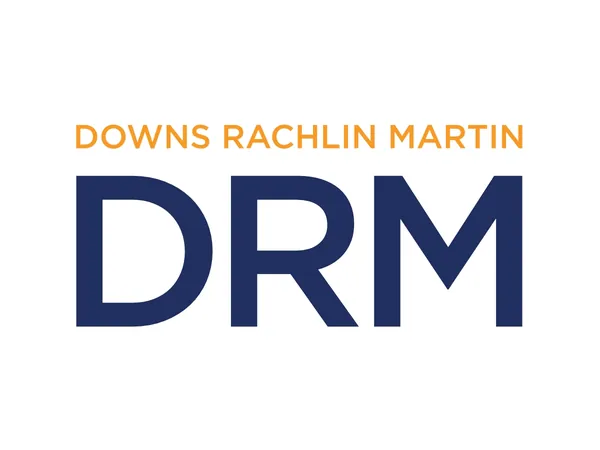
Shocking Findings Reveal High Rates of Pituitary Dysfunction in TBI Patients!
2024-11-21
Author: Ming
Shocking Findings Reveal High Rates of Pituitary Dysfunction in TBI Patients!
Recent studies have uncovered a staggering reality: the prevalence of pituitary dysfunction following traumatic brain injuries (TBIs) is much higher than previously recognized. Over the past decade, as clinical awareness has grown, there has been a concerted push to shine a light on the often-overlooked neuroendocrine issues that arise from TBIs, ranging from mild to severe. This condition can lead to chronic symptoms that severely impact a patient's quality of life.
Growth Hormone Deficiency
One of the most pressing concerns identified is growth hormone deficiency. After sustaining a TBI, patients often experience a host of debilitating symptoms that include extreme fatigue, emotional instability, and social withdrawal. These symptoms are not just mental; physical manifestations such as increased body fat and decreased muscle mass are also prevalent. Fortunately, there is hope. When these issues are linked to injuries affecting the pituitary gland, targeted treatments, especially regular growth hormone injections, can facilitate significant improvements in symptoms. Although this treatment can come with a hefty price tag, recent trends indicate that heightened awareness among healthcare professionals is paving the way for better insurance coverage.
Groundbreaking Study
A groundbreaking systematic review and meta-analysis titled “Acute and Chronic Hypopituitarism Following Traumatic Brain Injury” has just been published in the latest issue of *Neurosurgical Review*. This comprehensive study analyzed 52 different research articles involving a significant total of 7,367 participants. Alarmingly, the study corroborated previous findings, stating there is “a significant prevalence of pituitary axis dysfunction following TBI.”
Implications for Treatment
The results indicate that growth hormone deficiency is the most commonly reported dysfunction, leading to a cascade of distressing symptoms such as fatigue, emotional distress, poor quality of life, and a marked decline in physical strength and capacity for exercise.
Call to Action
As the medical community becomes more aware of the long-term consequences of TBIs—specifically relating to pituitary dysfunction—the hope is that healthcare providers will begin to screen for these conditions diligently and provide effective treatments for affected individuals. The journey toward better understanding and addressing these endocrine deficits can significantly transform the lives of TBI survivors.
Conclusion
In conclusion, if you or someone you know has suffered a TBI and is facing unexplained symptoms, it might be time to explore the possibility of pituitary dysfunction. Don’t let these issues go unnoticed—stay informed and advocate for your health!




 Brasil (PT)
Brasil (PT)
 Canada (EN)
Canada (EN)
 Chile (ES)
Chile (ES)
 España (ES)
España (ES)
 France (FR)
France (FR)
 Hong Kong (EN)
Hong Kong (EN)
 Italia (IT)
Italia (IT)
 日本 (JA)
日本 (JA)
 Magyarország (HU)
Magyarország (HU)
 Norge (NO)
Norge (NO)
 Polska (PL)
Polska (PL)
 Schweiz (DE)
Schweiz (DE)
 Singapore (EN)
Singapore (EN)
 Sverige (SV)
Sverige (SV)
 Suomi (FI)
Suomi (FI)
 Türkiye (TR)
Türkiye (TR)